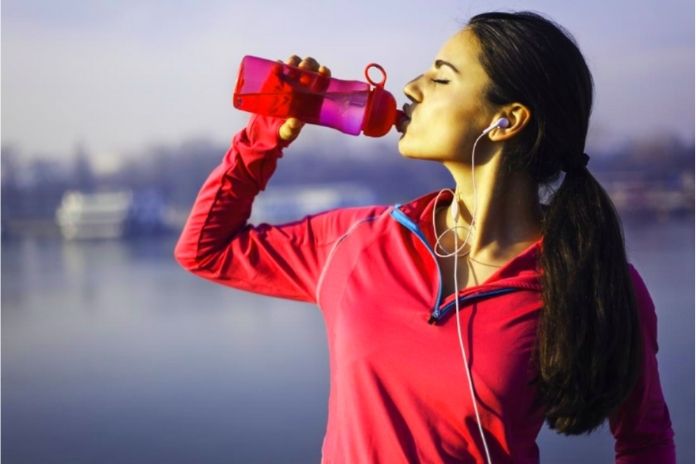You have to drink more! How many times have we heard this sentence? Maybe too many. Indeed without really understanding the importance of this habit, even the same people who uttered this recommendation did not understand it. Because it may seem strange, very few understand the real benefit of hydration for the well-being of the body and the health of the skin. Today we will shed some light on the subject. For the occasion, we have selected four fundamental functions that hydration performs on our body.
What Is Hydration?
Before starting, let’s open a short introductory parenthesis on the concept of hydration.
By hydration, we mean the correct balance between the incoming and outgoing volume of water from the body. This balance is governed by the antidiuretic hormone (ADH), responsible for increasing water reabsorption in the kidney. The hypothalamic center of thirst is accountable for regulating the amount of liquid to be ingested. About 75% of our body is water, and numerous physiological functions depend on hydration.
The Importance Of Hydration For The Human Body
Water is one of the essential elements for human beings. Hydrating properly means ensuring the body the right amount of this precious liquid; since our body cannot use internal supplies, it is of fundamental importance to hydrate frequently. But, exactly, how much water to drink per day? Proper daily hydration consists of:
- For infants up to 6 months: 100 mL/kg per day (with milk)
- For children between 6 months and one year: 800-1000 mL/day
- For children between 1 and 3 years: 1100-1300 mL/day
- For children between 4 and 8 years: 1600 mL/day
- For 9-13-year-olds: 1900 mL/day for girls and 2100 mL/day for boys
- For adolescents, seniors, and adults: 2.5 L / day for males and 2 L / day for females.
Four Benefits Of Proper Hydration
Here is a list of the main benefits that proper hydration brings to our body. We specify that it is not a ranking. Each of them is essential for the well-being of the human body.
Fortifies The Digestive System
Water is an element capable of balancing intestinal function. It is necessary to drink regularly when eating as it facilitates the digestive process and gastric emptying. It also plays a role of absolute importance for the liver, increasing the flow of bile acids and bile and thus promoting digestion. It also increases transit speed and softens the colon walls, avoiding annoying conditions such as constipation, constipation, and diverticulitis.
It Helps The Cardiovascular System
By reducing blood viscosity, the likelihood of thrombosis risk, and promoting the relaxation of the heart’s muscle cells. But not only. The calcium present in the water reduces the possibility of heart attack by acting on blood coagulation.
It Keeps The Urinary Tract Healthy
Urinary tract health largely depends on proper hydration. This healthy habit allows you to eliminate bacteria from the excretory tract, thus decreasing the likelihood of contracting cysts and infections. On the other hand, when hydration is not adequate, kidney stones are caused by the crystallization of minerals and salts in the urine.
Promotes The Well-Being Of The Skin
Poor skin hydration is a condition that is often underestimated. Dehydrated skin is the leading cause of premature aging. It compromises both the brightness and the softness of the skin, as well as its health. On the other hand, properly hydrated skin will undoubtedly be healthier, luminous, and more “young” and elastic.
How To Remedy Skin Dehydration?
Taking care of your skin means moisturizing it regularly, even more so after sun exposure or in those circumstances in which the skin is more dehydrated. Perfectly balanced skin hydration should include the daily application of a specific moisturizer, soothing serums, and anti-aging products after a day spent in the sun. In this regard, hyaluronic acid is a beneficial component. Another leading actress is vitamin E as it has an emollient, soothing, anti-redness, moisturizing and antioxidant action.
ALSO READ: WATER RETENTION: WHAT IT IS, WHAT CAUSES AND HOW TO FIGHT IT

